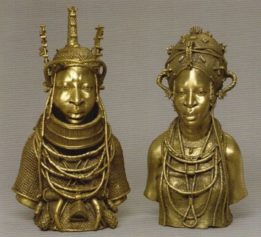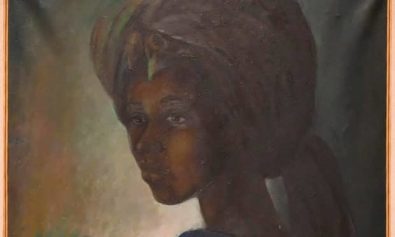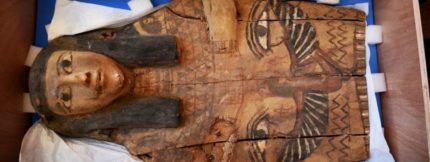Family and friends gathered in Charleston, S.C., on Friday for the funeral of the New York-based artist Merton D. Simpson, a painter and pioneering champion of African art who accumulated a collection said to be worth millions of dollars.
Gathering in the city of his birth, eulogists celebrated Mr. Simpson’s expertise on the saxophone, his generosity and his visionary artistic taste.
But after the ceremony, Mr. Simpson was not buried. His body was returned to the funeral home in Charleston, where it has been for more than two weeks since his death on March 9 at 84.
Despite Mr. Simpson’s collection of museum-quality art, some of it housed in the Manhattan gallery he owned, which is now under lock and key, his family said it lacked the money for a burial.
“We got him in a store room in the back,” said Bernard Fielding, a retired probate judge and president of the century-old Fielding Homes for Funerals in Charleston.
Last week Merton Simpson Jr., the artist’s son, sent an e-mail to his father’s friends asking for contributions for a funeral, including wiring instructions for a PayPal account.
“While my father had considerable assets, they are illiquid, and the family needs immediate financial assistance for a proper funeral,” Simpson wrote. “He deserves no less.”
The appeal grew partly out of a long-running and rancorous dispute over Simpson’s care and his prodigious art collection. With his death, the finger-pointing and recriminations have reached a head, with accusations of mismanagement and exploitation.
Things got really ugly “while this man was still alive, and I knew that when he passed, it was going to get really ugly,” said Luna Devin Crystal, a longtime friend of Simpson’s, who at one point helped run the gallery.
Simpson was an Abstract Expressionist painter and arguably the most significant dealer of traditional African art in the United States, a man whose exquisite taste made him a preeminent expert in his field. But now his singular archive and extraordinary collection are matters of contention among an array of friends, family and staff members, who all claim to have his best interests at heart.
Read more: NYTimes


